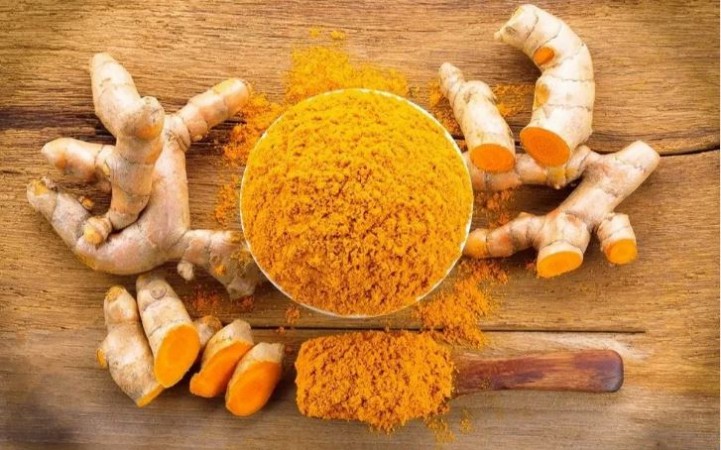
For centuries, turmeric has held a revered place in traditional medicine, particularly in India, both as a spice in culinary creations and as a potent medicinal herb. The active compound within turmeric, curcumin, has garnered significant attention for its diverse health benefits. In this article, we delve into the distinct properties of turmeric and curcumin, exploring their roles in promoting overall well-being.
Understanding Turmeric and Curcumin:
Turmeric, derived from the Curcuma longa plant, is renowned for its vibrant yellow hue and is a staple in Asian cuisine, lending its distinctive color and flavor to various dishes, notably curry. Beyond its culinary uses, turmeric contains bioactive compounds with potential medicinal properties, the most notable being curcumin.
Curcumin, a polyphenol, is the primary active ingredient in turmeric responsible for its therapeutic effects. As a natural anti-inflammatory compound, curcumin exhibits antioxidant, anti-inflammatory, and antimicrobial properties. However, it's important to note that the concentration of curcumin in turmeric is relatively low, necessitating high doses for significant medicinal impact.
Health Benefits of Turmeric and Curcumin:
Anti-Inflammatory and Antioxidant Properties:
Curcumin's potent anti-inflammatory properties make it a valuable asset in combatting various inflammatory conditions, potentially reducing swelling and pain. Its antioxidant effects help neutralize harmful free radicals, thereby safeguarding cells from oxidative stress and reducing the risk of chronic diseases.
Pain Management and Joint Health:
Studies indicate that curcumin may alleviate pain associated with conditions like arthritis due to its anti-inflammatory properties. Its use as a natural supplement for joint health and pain relief has shown promising results, contributing to enhanced mobility and reduced discomfort.
Support for Digestive Health:
Turmeric has been traditionally used to aid digestion and relieve digestive issues. Curcumin may help stimulate bile production, supporting liver function and potentially alleviating symptoms of indigestion and bloating.
Potential Cognitive Benefits:
Some research suggests that curcumin might play a role in supporting cognitive function and brain health. It may help boost levels of brain-derived neurotrophic factor (BDNF), a protein linked to improved brain function and a lower risk of neurodegenerative diseases.
Heart Health Support:
Curcumin's antioxidant and anti-inflammatory properties may positively impact heart health by potentially improving endothelial function, reducing oxidative stress, and supporting healthy cholesterol levels.
Turmeric vs. Curcumin: Which to Take?
Choosing between turmeric and curcumin supplements depends on individual health goals. While turmeric contains curcumin, its concentration is relatively low, necessitating larger quantities for notable health benefits. Curcumin supplements, with higher concentrations of the active compound, offer a more potent and convenient way to reap its medicinal advantages.
Precautions and Considerations:
Before incorporating turmeric or curcumin supplements into your routine, consult a healthcare professional, especially if you have underlying health conditions or are taking medications. Curcumin may interact with certain medications, and high doses could lead to gastrointestinal discomfort in some individuals.
Turmeric and its active compound, curcumin, boast an array of health benefits, from reducing inflammation and supporting joint health to potentially enhancing cognitive function and heart health. Integrating these natural substances into your lifestyle, whether through culinary uses or as supplements, may contribute to a holistic approach to wellness. However, it's crucial to seek guidance from a healthcare provider to determine the most suitable approach for your individual health needs.
Include These Flowers in Your Diet: Not Just Leaves, But Also Edible Flowers!
Optimize Your Morning: Try THESE Foods on an Empty Stomach for Health Benefits